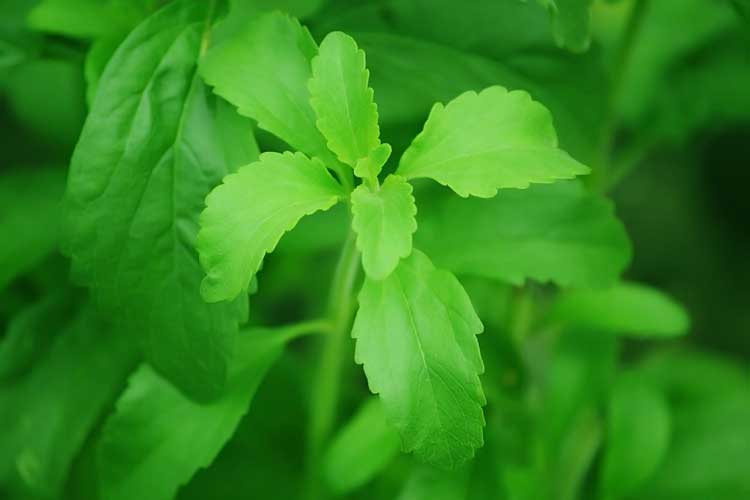Thanks Keyhole. So it seems the glycine may not be it either.
The list shrinks down with rapid speed. Between artificial sweeteners may be some little better than the rest but none are really good/beneficial in the long run.
I keep thinking what our ancestors used to sweeten their food. One thing is clear. It was very occassional and used in moderation. Honey comes to mind. But that was before Bill Gates mRNA adultered bees. And it takes only one bee to infect the entire bee hive. Sugar from the roots? Perhaps. Seasonal fruits? Sure, but those didn`t have sugar/fructose content nearly as high as we have today.
Talk about challenge. Giving up bread was a big one back in the day. Now sugar challenge is upping the game even more.
The list shrinks down with rapid speed. Between artificial sweeteners may be some little better than the rest but none are really good/beneficial in the long run.
I keep thinking what our ancestors used to sweeten their food. One thing is clear. It was very occassional and used in moderation. Honey comes to mind. But that was before Bill Gates mRNA adultered bees. And it takes only one bee to infect the entire bee hive. Sugar from the roots? Perhaps. Seasonal fruits? Sure, but those didn`t have sugar/fructose content nearly as high as we have today.
Talk about challenge. Giving up bread was a big one back in the day. Now sugar challenge is upping the game even more.

 I had a bunch of videos come up downplaying the erythritol study. I think basically they were saying that the body creates erythritol endogenously, the study was with people with pre-existing conditions (diabetes and high blood pressure) and that this concern may be to cover vaxx effects. Here is one video:
I had a bunch of videos come up downplaying the erythritol study. I think basically they were saying that the body creates erythritol endogenously, the study was with people with pre-existing conditions (diabetes and high blood pressure) and that this concern may be to cover vaxx effects. Here is one video:


